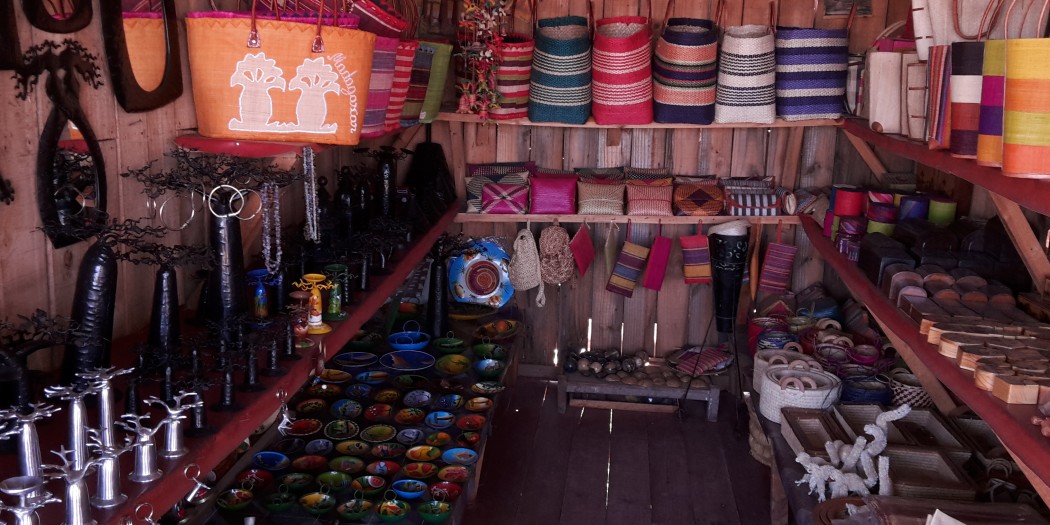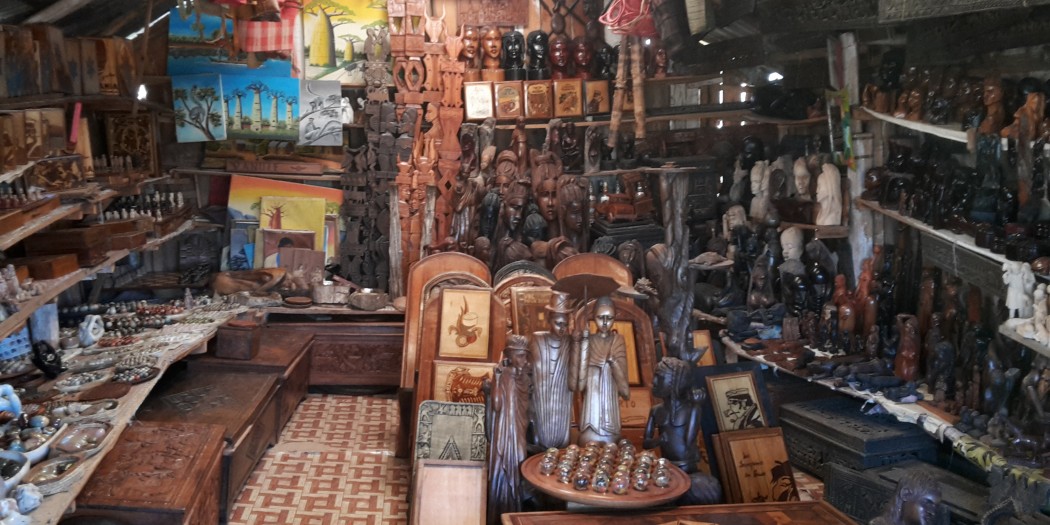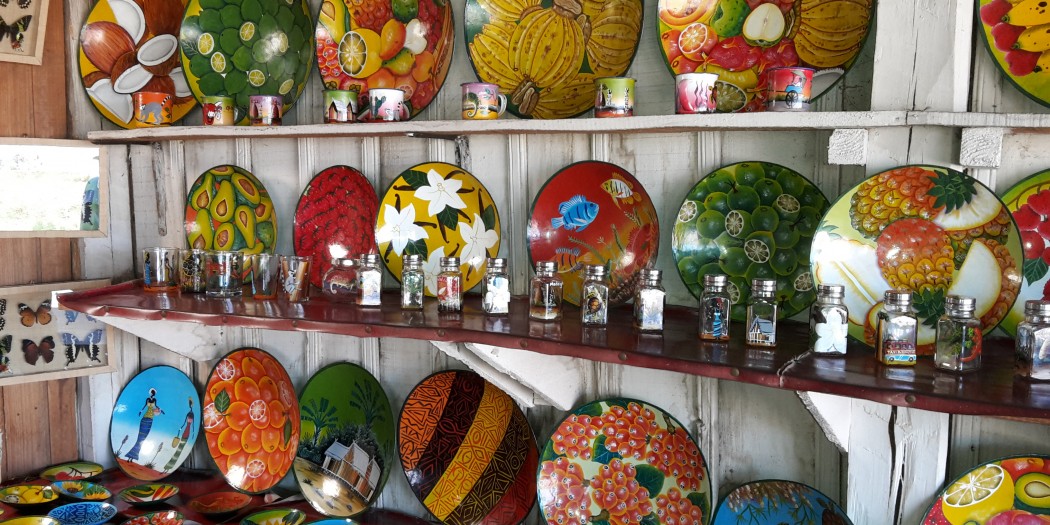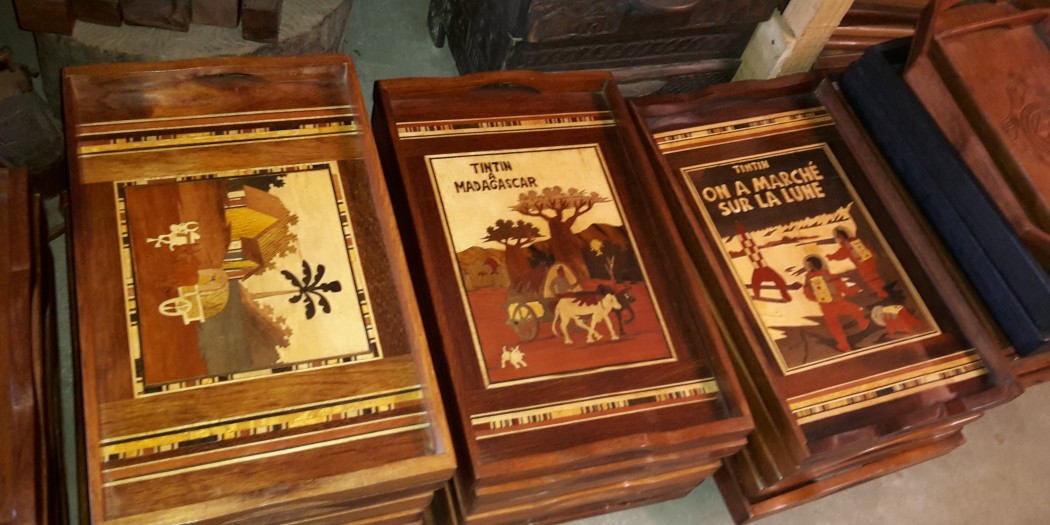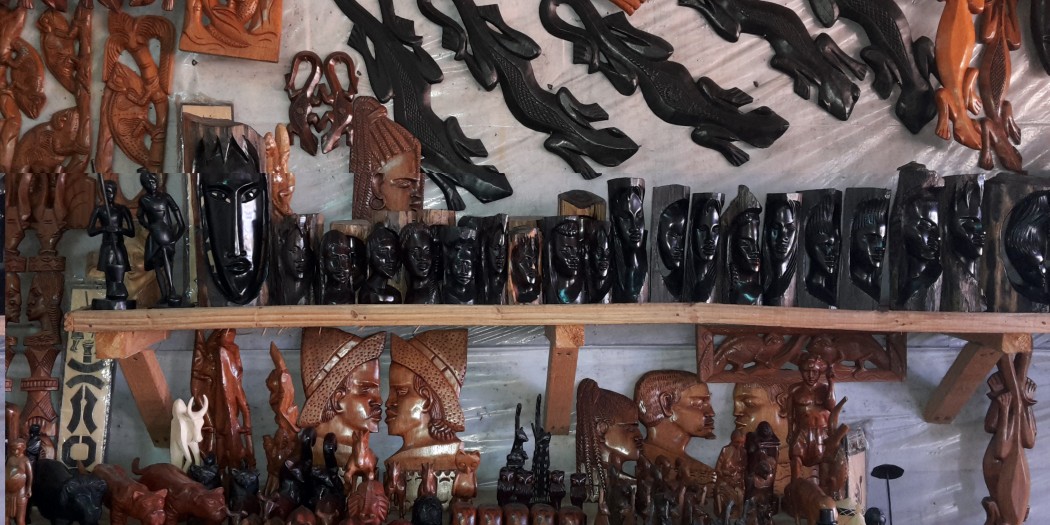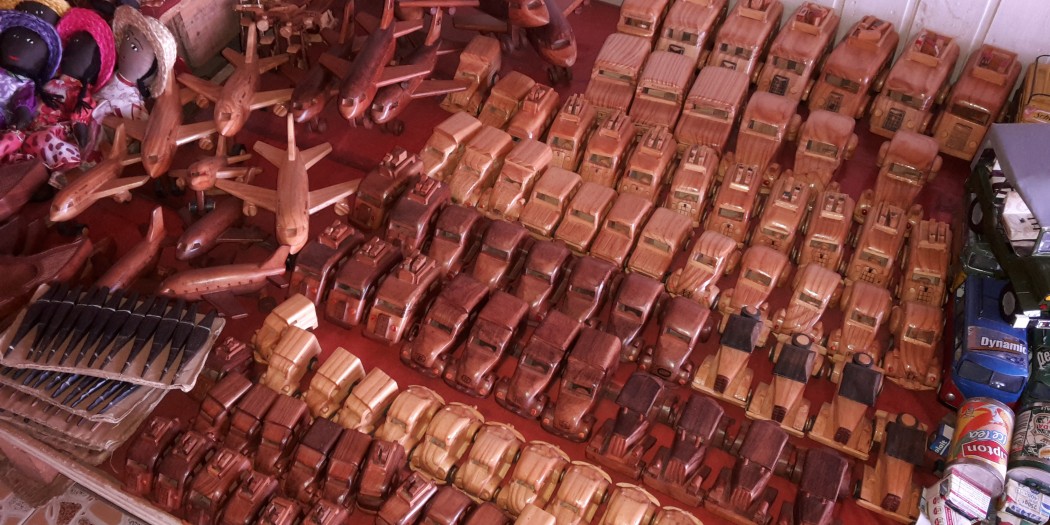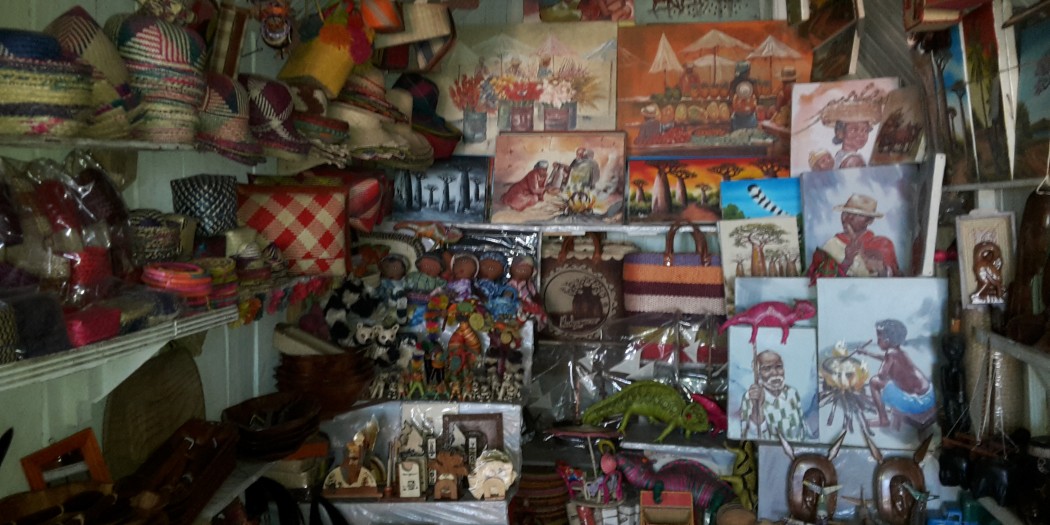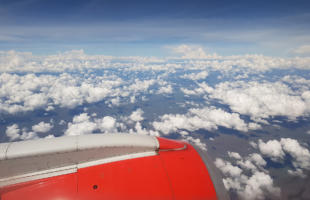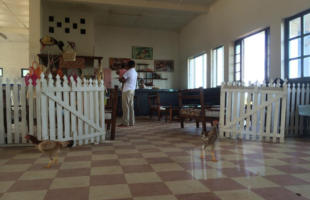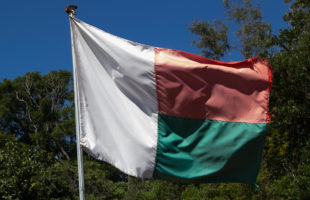After visiting such a fantastic country as Madagascar, you surely want to take some souvenirs home from your travel. However, there are some rules you have to take care of to avoid trouble at customs.
Precious woods
Rose wood and palisander are precious and rare, and you can get them in Madagascar still for relatively cheap prices. Although it has been illegal to export cut down rosewood from Madagascar for years, the business is still thriving. In contrast it is legal to buy processed wood in the form of games, boxes, statues, figurines or masks. Since 2016, artist and vendors need to issue small certificates when selling those wooden goods, because there is a limited quota on legal precious wood items trade. Often, people forego these certificates in case of very small or few items without getting in trouble at customs. However, it is always sure to ask for a certificate when buying precious wood items.
Animals and preparations, plants, shells and corals
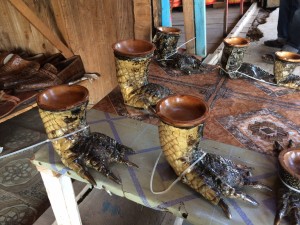
Generally it is forbidden to export any plants, animals, corals or shells from Madagascar. This also includes parts of plants such as seeds, leaves or dried flowers as well as parts of broken corals. You are also not allowed to take turtle shells or skulls with you. Smuggling alive animals and corruption are still big problems at the airports, especially concerning valuable reptiles like tortoises. For some years, controls have been harder as a result: Hand luggage is controlled several times at departure, and complete luggage is searched on a random basis. Please also refrain from taking prepared butterflies or bugs with you due to species conservation reasons – although you can buy them everywhere. Special permits to export animals or plants are hard to get from Malagasy authorities and are exclusively given for scientific purposes.
Gem stones and jewelry
Measured by its sapphire occurrence, Madagascar could be among the richest countries in the world. If you want to take gem stones or precious jewelry home, you need a small certificate issued by the vendor. The paper includes the kind of item, its price in Ariary, the dates of the licensed vendor and the date of purchase. You get this paper directly when buying gem stones – if not, please ask for it. Also be aware of the travelers’ allowances of your country, otherwise you can get in trouble at the customs when coming home.
Grave goods
A special topic on several souvenir markets are grave goods. Basically, it is not forbidden to buy old decoration and statues. But in many cases, those are stolen materials, that can be easily turned into cash among travelers. For Madagascans, it is absolutely fady (taboo) to take away grave goods. But since many graves can be found along the big streets in the country, thieves may choose them as an easy target. Some families especially in the South are so poor and desperate they sell grave goods or decoration items – for most Malagasy families, this is inconceivable. It is therefore highly recommended to be suspicious when offered old stone statues or dusty wooden pieces – better do not buy souvenirs of potentially dubious origin. In doubt ask your local guide!
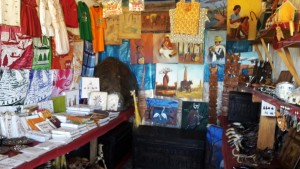
Meat, eggs and food of animal origin
Meat, sausage products, cheese and other foods of animal origin are not allowed to be exported from Madagascar – honey is the only exclusion. The reason for this is animal epidemic control and the possibility to transfer many animal diseases via food.
Travelers‘ allowances
Each country has distinct travelers‘ allowances, which means limits of items that you can take with you duty-free. It is important to know that the European Union and Switzerland have a maximum value of goods that may be imported for free. If exceeding this limit, all your items become dutiable. In the EU, the limit is 430 €, in Switzerland it is 300 CHF. The following limits apply to EU and Switzerland per person over 17 years:
- Pepper has had an export limit of 1 kg per person regulated by Madagascar since 2019, but this has not yet been controlled. The EU has no import limit for pepper.
- Vanilla and other spices can be exported in unlimited amounts. But this does not mean you can bring several suitcases full of spices back home. Customs decide whether your amounts are of commercial intent or private. If they suspect you to export spices for commercial purposes, you may have to pay duties. The price of vanilla is also so high that the duty-free allowance in euros or Swiss francs is quickly reached.
- Coffee: 500 g
- Honey: 2 kg
- Alcohol:
- For European Union, only 1 l alcohol with more than 22 ‰ or instead 2 l with less than 22 ‰ is allowed. Additionally, you are free to bring 4 l of foamy wine and 16 l of beer.
- For Switzerland, you may only have 5 l of alcohol with less than 18 ‰ or 1 l with more than 18 ‰.
All data from 2024, we assume no responsibility of correctness.
 MADAMAGAZINE Your Magazine about Madagascar
MADAMAGAZINE Your Magazine about Madagascar
